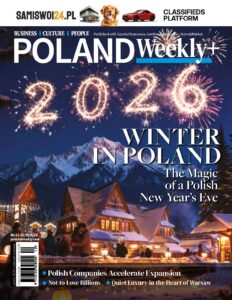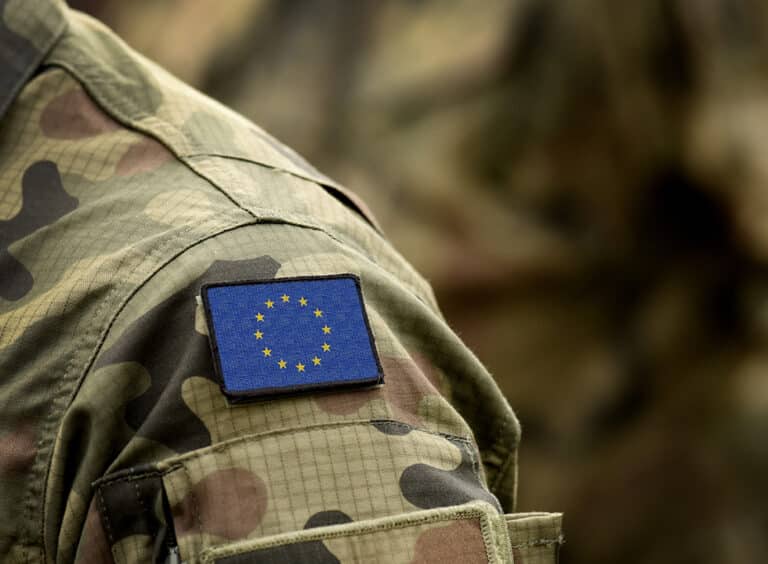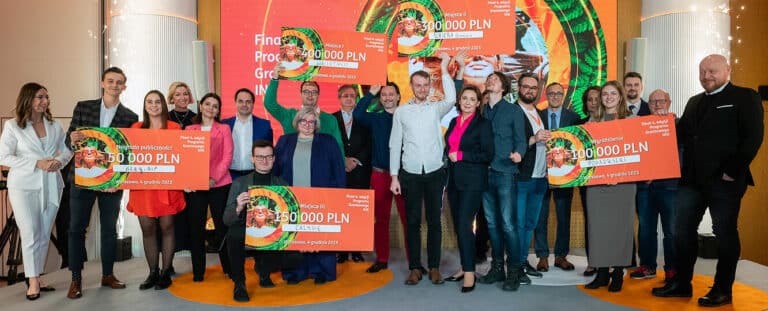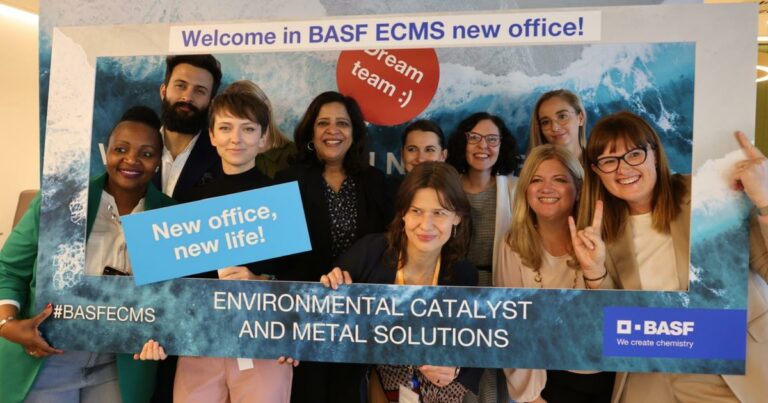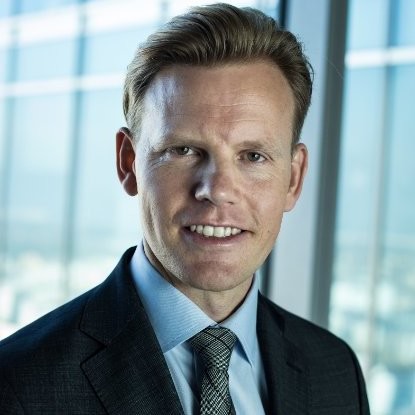Plans underway to develop Polish nuclear power skills
Grupa Azoty Police, the US company Ultra Safe Nuclear Corporation and the West Pomeranian University of Technology have signed an agreement on the construction of a fourth-generation modular MMR research reactor in Police, northwest Poland.
During the signing of the agreement, State Assets Deputy Minister Karol Rabenda, Grupa Azoty Police, Ultra Safe Nuclear Corporation (USNC) and the West Pomeranian University of Technology in Szczecin signed an agreement on the development and construction of a nuclear power research facility equipped with ultra-safe MMR (Micro-Modular-Reactor) nuclear reactor technology from USNC. In the next six months, the parties will develop a comprehensive research program and jointly prepare a plan for the construction, operation and maintenance of the MMR installation.
In the first stage it is planned to build an MMR reactor with a capacity of 30 MWt. The reactor will serve as a training, research and testing facility. It will be connected to the energy infrastructure of Grupa Azoty Police, which will provide a unique opportunity to study, test, optimize and integrate the MMR zero-emission energy source with an industrial facility. Cooperation in this area will allow for the development of a plan for the full-scale implementation of the use of nuclear energy for chemical processes and the generation of steam and hydrogen at the facilities of Grupa Azoty Police. This will be another significant step towards the decarbonization of the Grupa Azoty Group’s technological processes.
“The experience of the last several months, especially the situation on the gas market, has shown how important the diversification of energy sources is for the functioning of domestic business. I have no doubt that investments in this direction should be treated as a priority, which is why we support all projects – including, of course, SMR and MMR technologies – whose goal is to develop sources of stable and low-emission energy in Poland,” said Rabenda.
“In recent years, the Zachodniopomorskie Voivodeship has become a place of strategic investments accompanied by the development of important fields of science. I am glad that next to the ‘West Pomeranian Hydrogen Valley,’ a center to be built where our scientists and students will have the opportunity to conduct research on the advanced technology of nuclear microreactors. This will provide Grupa Azoty Police with access to safe, reliable and emission-free energy,” said Zbigniew Bogucki, the West Pomeranian Voivode.
“Grupa Azoty’s strategy for 2021-2030 and its key project ‘Zielone Azoty,’ assume that the total capacity of new RES in 2030 will reach nearly 380 MW in the Capital Group. In the development plan, we also communicated about entering the wind energy segment and small reactors, including MMR, which will enable the acquisition of additional megawatts of zero-emission energy sources. Today’s tripartite agreement signed at the West Pomeranian Voivodship Office in Szczecin opens the way for Grupa Azoty to successfully implement the 4th generation MMR technology at our plants within the horizon of our strategy until 2030. We strive for the fastest possible climate and energy transformation and diversification of our energy sources, which is why we want the details of our cooperation to be clarified in the next six months,” said Tomasz Hinc, President of Grupa Azoty.
Headquartered in Seattle, Washington, USA, USNC is a world leader and strong vertical integrator of nuclear technologies and services on Earth and in space. USNC’s MMR is a fourth-generation high-temperature gas-cooled “nuclear battery” utilizing all-ceramic microcapsules (FCM®) for the highest level of safety. MMR offers a simple, scalable, zero-carbon energy source that protects the industrial facilities it powers and is essential for decarbonizing industrial applications. Ultra Safe Nuclear has active microreactor implementation projects in Canada at the Canadian Nuclear Laboratories in Chalk River, in the United States at the University of Illinois Urbana-Champaign and at LUT University in Lappeenranta, Finland. Additional projects are in development in the US, Canada and Europe.
The agreement is concluded as part of US-Polish cooperation in this area, formally established by an intergovernmental agreement in February 2021. High-temperature gas-cooled MMR is seen as an important solution for decarbonizing the industry.
“The implementation of our high-temperature nuclear batteries together with Grupa Azoty and the West Pomeranian University of Technology opens the way to decarbonization and construction of modern nuclear infrastructure and the development of nuclear energy personnel in Poland. The project is an example of US support in the area of Poland’s energy independence. Together with our partner Hyundai Engineering Corporation, we fully support Grupa Azoty’s carbon footprint reduction plans and we are pleased to offer the University of West Pomerania industrial research opportunities for our high-temperature microreactor,” said Francesco Venneri, CEO and Founder of Ultra Safe Nuclear Corporation.
The agreement also provides for the possibility of organizing training for students of the West Pomeranian University of Technology in Szczecin, including the possibility of conducting practical applied research related to the production of MMR clean energy.
“For the construction of the fourth generation MMR modular research reactor, people are needed – new, skilled staff that will specialize in nuclear energy. We will prepare them for work, familiarize them with this field, because we have great opportunities for this. The West Pomeranian University of Technology in Szczecin is constantly developing a unique research infrastructure that enables domestic and foreign entities to carry out research and development projects in the fields of engineering, and the natural sciences. We are one of the key entities on the Polish Map of Research Infrastructure in the field of technical sciences and energy, and at the same time one of 11 national universities of technology. Our competences are confirmed by national institutions that set standards on the higher education and science market,” said prof. Jacek Wróbel, rector of the West Pomeranian University of Technology in Szczecin.
